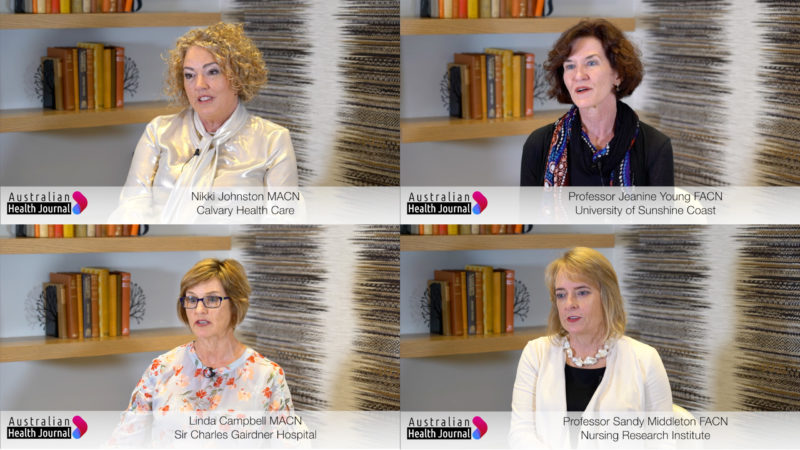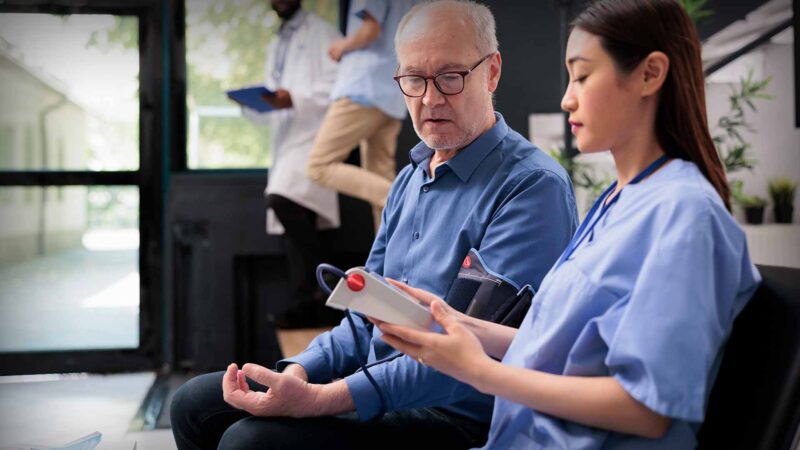As Australia’s largest professional general practice organisation, the RACGP represents more than 43,000 members, including more than 24,000 Fellows who have completed specialist training (or its equivalent). These are the frontline GPs who treat almost 22 million patients across the country every year.
GPs throughout Australia have been the largest vaccination channel, according to The Royal Australian College for General Practitioners (RACGP). General practice has been likened to a ready-made mass-vaccination service. To date, practices have delivered more than 20 million COVID-19 vaccine doses (more than half the national total).
Each year the runs a survey across Australian Doctors. This year’s report reflects the experience of more than 1300 RACGP Fellows from across Australia. Despite this and other achievements, the share of total government healthcare spend for primary care is in decline.
The report provides information at a specific point in time and identifies longer-term trends across the general practice sector.
The 2021 Health of the Nation report also highlights a number of critical issues affecting GPs and their patients, including:
- treatment of multimorbidities in general practice
- the increasing mental health burden on general practice
- restrictions to GP involvement in aged care
- barriers to the use of video telehealth services
- the COVID-19 vaccine rollout.
The profession headed by President Dr Karen Price is facing many challenges, including fewer junior doctors choosing a career in general practice. Also, the general practice workforce is ageing – the proportion of GPs over the age of 65 increased from 11.6% in 2015 to 13.3% in 2019.
At the same time, not enough medical graduates want to be GPs. The proportion of final-year students listing general practice as their first preference specialty has fallen to just 15.2% – the lowest since 2012.
For the fifth consecutive year, psychological conditions, including sleep disturbance and depression, were the most reported reasons for patient presentations. Over 70% of GPs selected ‘psychological’ in their top three reasons for patient presentations, a number that has risen steadily from 61% in 2017.
As the first port of call for many patients with mental health issues, GPs play a vital ongoing role over many months or even years. Four out of five GPs report they have patients with mental health conditions that are mostly managed within general practice. This aligns with data showing that GPs provide the majority of Medicare-subsidised mental health services.
The scale of the task has grown over the past 12 months. To help these patients, longer mental health consultations are needed.
The Australian population has become more fragmented in care needs as pointed out by Dr Price. To better help patients with multiple conditions who are at heightened risk of ending up in hospital, general practice funding changes are needed. As things currently stand, Medicare discourages GPs from treating more than one condition in the same consultation.



